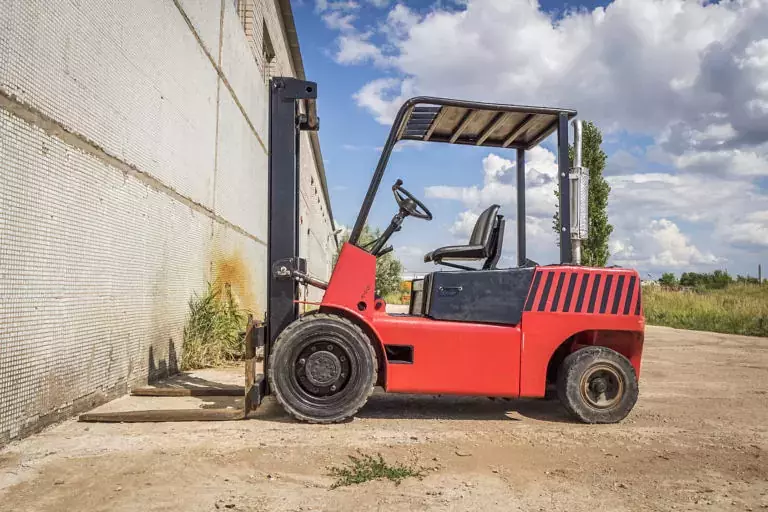 Are you challenged by the concept of operating a rough terrain forklift? Do not be concerned, many find themselves besieged in such occasions. Forklifts are dynamic devices, readily capable of streamlining any material handling process. Whether it be the factory floor in the loading bay or outside confines, forklifts can help employees transport heavy items with ease. Outdoors, the challenges are different and the game can change drastically in a matter of moments. The environment is ever more challenging and new hazards are poised to test the resolve and expertise of any novice or veteran forklift operator. It is important to stay a step ahead be prepared at all times. Here are great and proven ways to stay safe while using a rough terrain forklift:
Are you challenged by the concept of operating a rough terrain forklift? Do not be concerned, many find themselves besieged in such occasions. Forklifts are dynamic devices, readily capable of streamlining any material handling process. Whether it be the factory floor in the loading bay or outside confines, forklifts can help employees transport heavy items with ease. Outdoors, the challenges are different and the game can change drastically in a matter of moments. The environment is ever more challenging and new hazards are poised to test the resolve and expertise of any novice or veteran forklift operator. It is important to stay a step ahead be prepared at all times. Here are great and proven ways to stay safe while using a rough terrain forklift:
Check Over The Vehicle Prior To Operation
Inspecting the forklift prior to use is paramount. Perhaps poorly inflated tires are most dangerous prior to use in rough terrain. Overinflated tires are more like to explode and create an instant malfunction. In a rough terrain environment it is that much more difficult to repair these tires or even remove the vehicle from the site when it is disabled. On the contrary, underinflated tires run the risk of going flat and thus rough terrain can make it very hard to remove the failed part. In addition, checking the battery, oil, fluids and antifreeze will ensure optimal operation of these vehicles prior to use and maximize results out in the field.5 Ways to Stay Safe While Operating a Rough Terrain Forklift
Forklift Simulators Are A Great Tool
When operating in a rough terrain, preparation is essential when faced with working in rugged conditions. A forklift simulator is a great complementary tool that can provide a wonderful scope of the accompanying hardships that operators may face in these difficult working environments.
Stay Up To Date On Safety Standards
Reading through the ITSDF’s American National Standard on Rough Terrain Forklift Trucks can provide a comprehensive and thorough narrative and framework for both the beginner and expert. According to the ITSDF these standards are implemented by industry experts that have devised approaches and methodologies geared to promote the safe handling of these machines in the most demanding occasions.
Be Focused
Rough terrain forklift operators should always keep their eyes focused in front of them, constantly surveying the area for prospective hazards. Additionally, it is also important for rough terrain forklift operators to keep their hands free at all times, in the event a quick and swift maneuver must be executed.
Avoid Inclement Weather
In rough terrains especially, the weather can have a great impact on the landscape and surrounding areas. Rough terrain when inundated by rain can flood outright or provide poor traction due the accumulation of mud. Both these possibilities present a wide array of hazards to operators in the field. Additionally, snow and ice can also compromise the ground itself and further promote traction issues.
